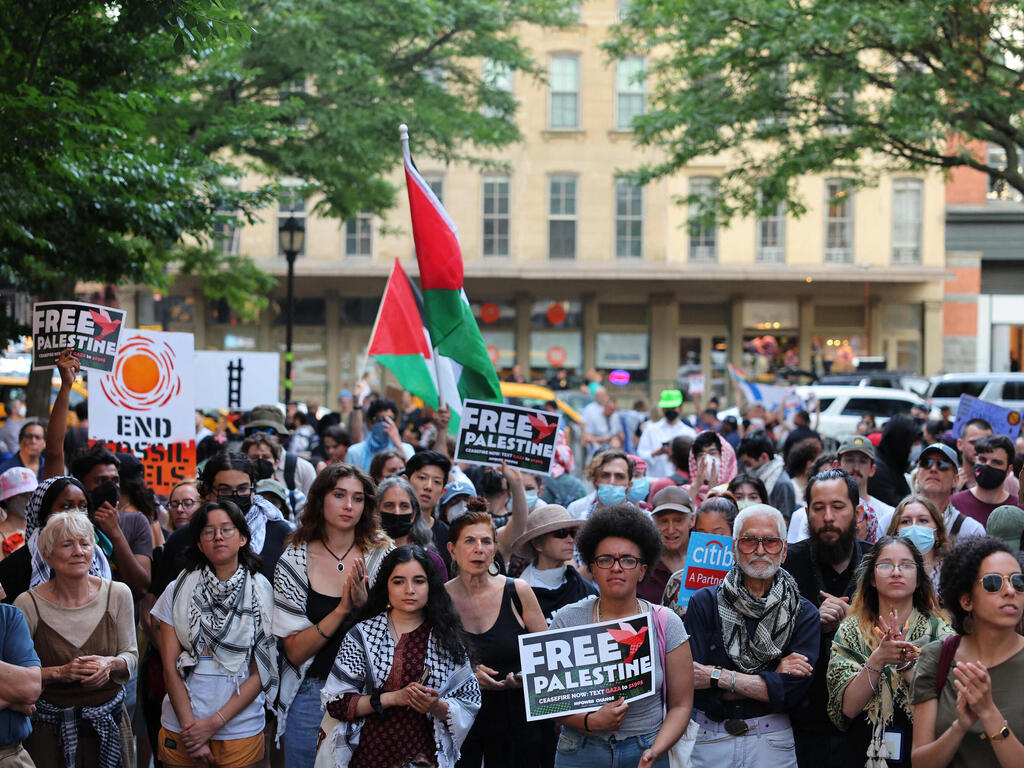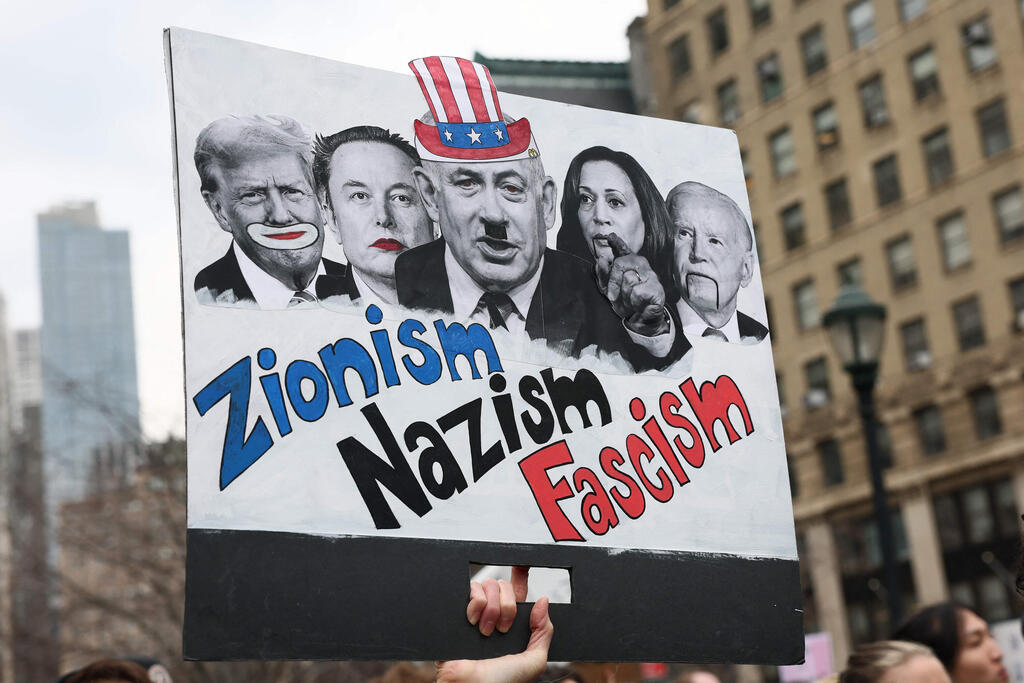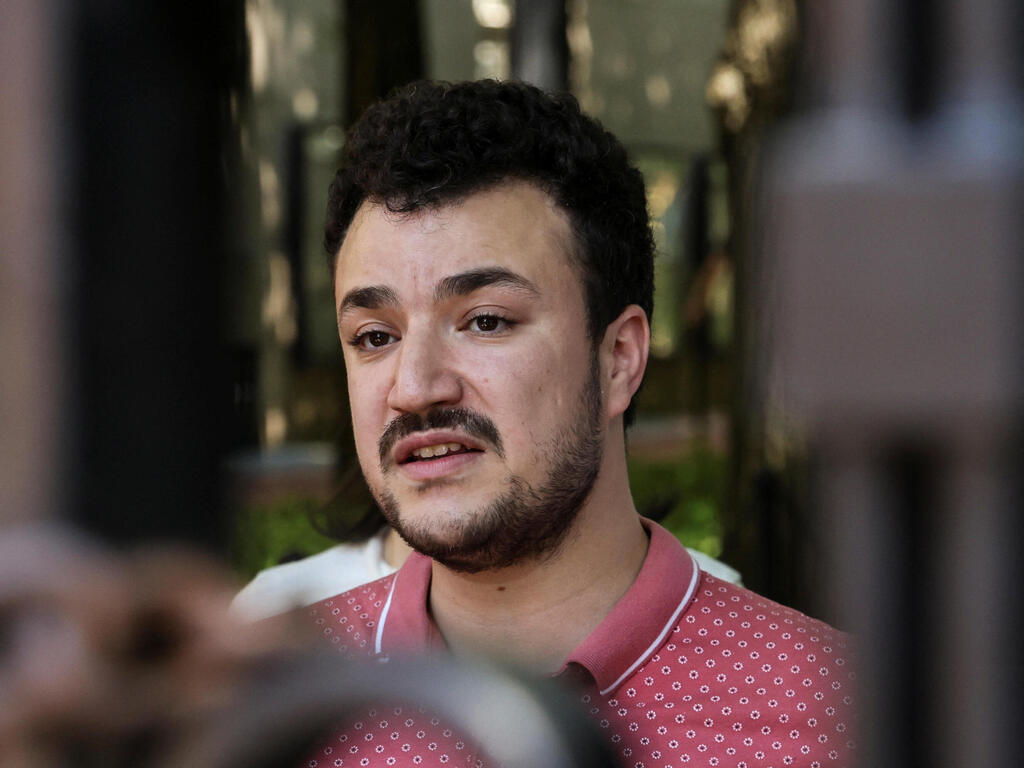Getting your Trinity Audio player ready...
Major Instagram accounts operated by student groups at U.S. colleges have been used to promote antisemitism, glorify terrorism and support Hamas' October 7, 2023, attack on Israel, according to a report published this month by the Antisemitism Research Center (ARC) at the Combat Antisemitism Movement (CAM).
The report, titled “SJP on Instagram: Incitement & Terror Support,” analyzed 276 Instagram accounts affiliated with Students for Justice in Palestine (SJP) and Faculty and Staff for Justice in Palestine (FSJP) between July 2024 and January 2025. Researchers documented 269 posts they say violated Meta’s content policies, including 236 that potentially supported or glorified terrorist organizations such as Hamas, Hezbollah, and the Popular Front for the Liberation of Palestine (PFLP).
Despite the alleged violations, Meta removed or suspended only 7.7% of the flagged accounts, the report said. “This gap between Meta’s stated policies and its actual enforcement is deeply concerning,” said Sacha Roytman-Dratwa, CEO of the Combat Antisemitism Movement. “Failing to take action against large, inciting accounts weakens public trust and leaves Jewish students feeling unsafe.”
The content reviewed included praise for violent attacks, calls for resistance, and graphic imagery related to the October 7 Hamas assault, which killed more than 1,200 people in Israel. The report warned that social media platforms, especially Instagram, which has 171 million U.S. users—many of them young—have become hubs for radical messaging.
SJP chapters at the University of Michigan, University of Washington, and University of California, Berkeley were highlighted for having tens of thousands of followers and posting content that openly supported Hamas. UC Berkeley’s SJP account posted a message on October 7 describing the attack as a “revolutionary moment,” which received more than 2,300 likes.
CAM's Antisemitism Research Center (ARC) report said the spread of this material could endanger not only students exposed to extremist messaging but also increase the risk of radicalized individuals engaging in violence or self-harm.
In total, approximately 50% of the monitored accounts shared content likely violating Meta’s guidelines. However, the report notes that only a fraction have been removed. Of the 143 documented SJP accounts associated with active chapters, just 11 were no longer accessible as of the report’s publication. Six of those were confirmed to have been suspended by Meta.
University responses varied. Of 89 verifiably affiliated SJP chapters, 17—or about 19%—have been suspended or derecognized by their institutions. Two chapters, at Columbia University and Rutgers University-New Brunswick, were suspended by both Meta and their respective universities. Fifteen others, including at UCLA, UC Irvine, and the University of Michigan, were suspended by their universities but remained active on Instagram.
The report argues that universities have been more effective than Meta in addressing hate speech and incitement through enforcement of student conduct codes.
SJP was founded in 1993 at UC Berkeley and has grown to include over 350 chapters nationwide. The report calls SJP “the leading antisemitic group on American college campuses,” citing its history of supporting Palestinian terrorism and its stated goal of dismantling the State of Israel. FSJP, composed of faculty and staff, holds similar positions and often shares coordinated content with SJP.
CAM’s findings follow a broader surge in antisemitism in U.S. higher education. ARC recorded 742 antisemitic incidents at colleges in 2024, a 121% increase from the previous year. Of these, 664 were categorized as anti-Zionist or Israel-related.
In response to pro-Hamas activism on campuses, President Donald Trump said foreign students involved in such demonstrations should be deported. In March, Immigration and Customs Enforcement (ICE) arrested Mahmoud Khalil, a Palestinian student at Columbia University who had led campus protests that escalated into threats against Jewish students.
Get the Ynetnews app on your smartphone: Google Play: https://bit.ly/4eJ37pE | Apple App Store: https://bit.ly/3ZL7iNv
The report concludes with recommendations for Meta, universities, and lawmakers. CAM urged Meta to ban SJP under its “Dangerous Organizations and Individuals” policy and to enforce content restrictions against antisemitic symbols such as Hamas’ red triangle. It also called on universities to revoke recognition and funding from SJP chapters that violate codes of conduct. “Stopping incitement is not censorship,” Roytman-Dratwa said. “It’s a defense of democracy.”
First published: 14:28, 04.14.25




